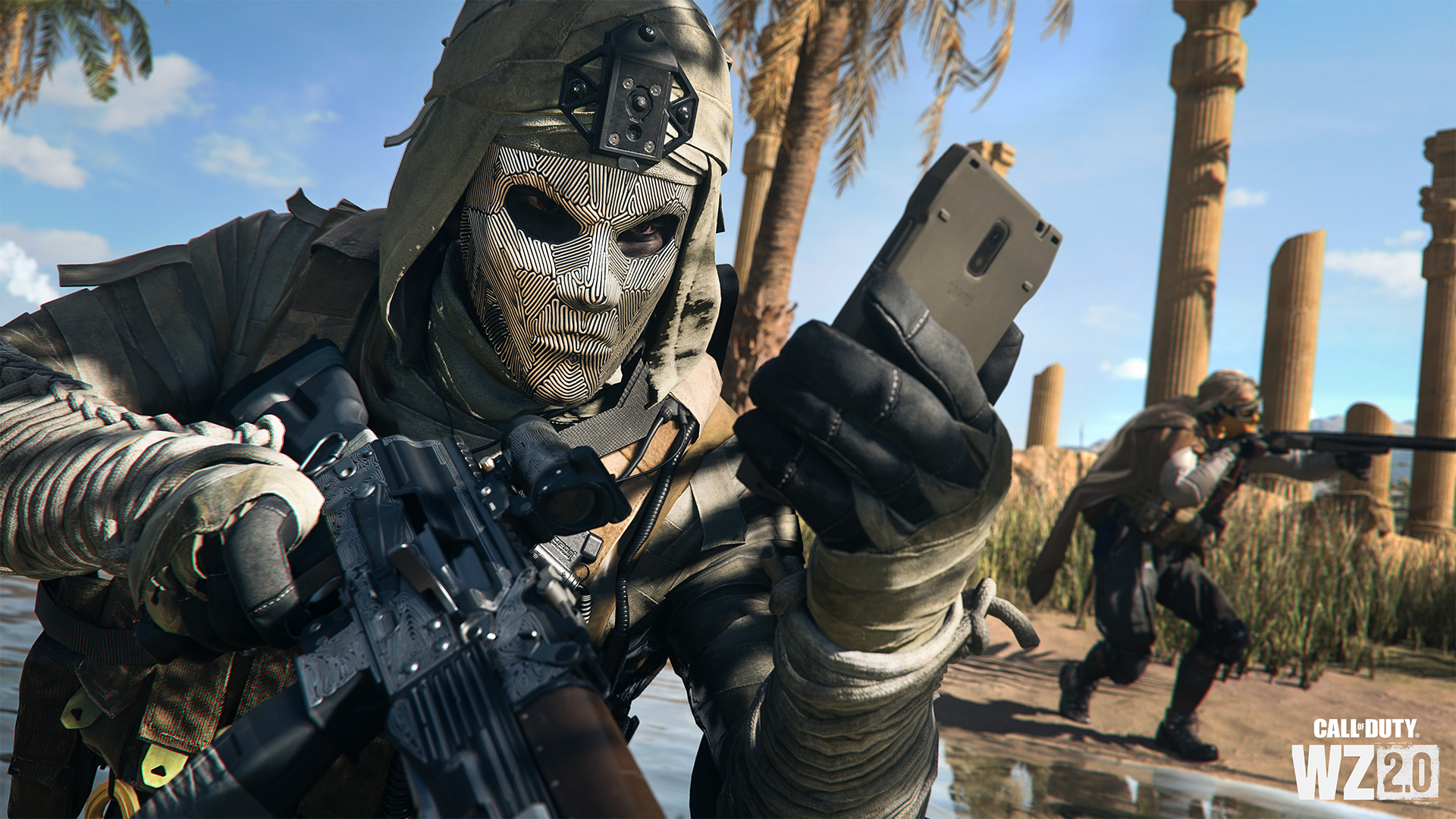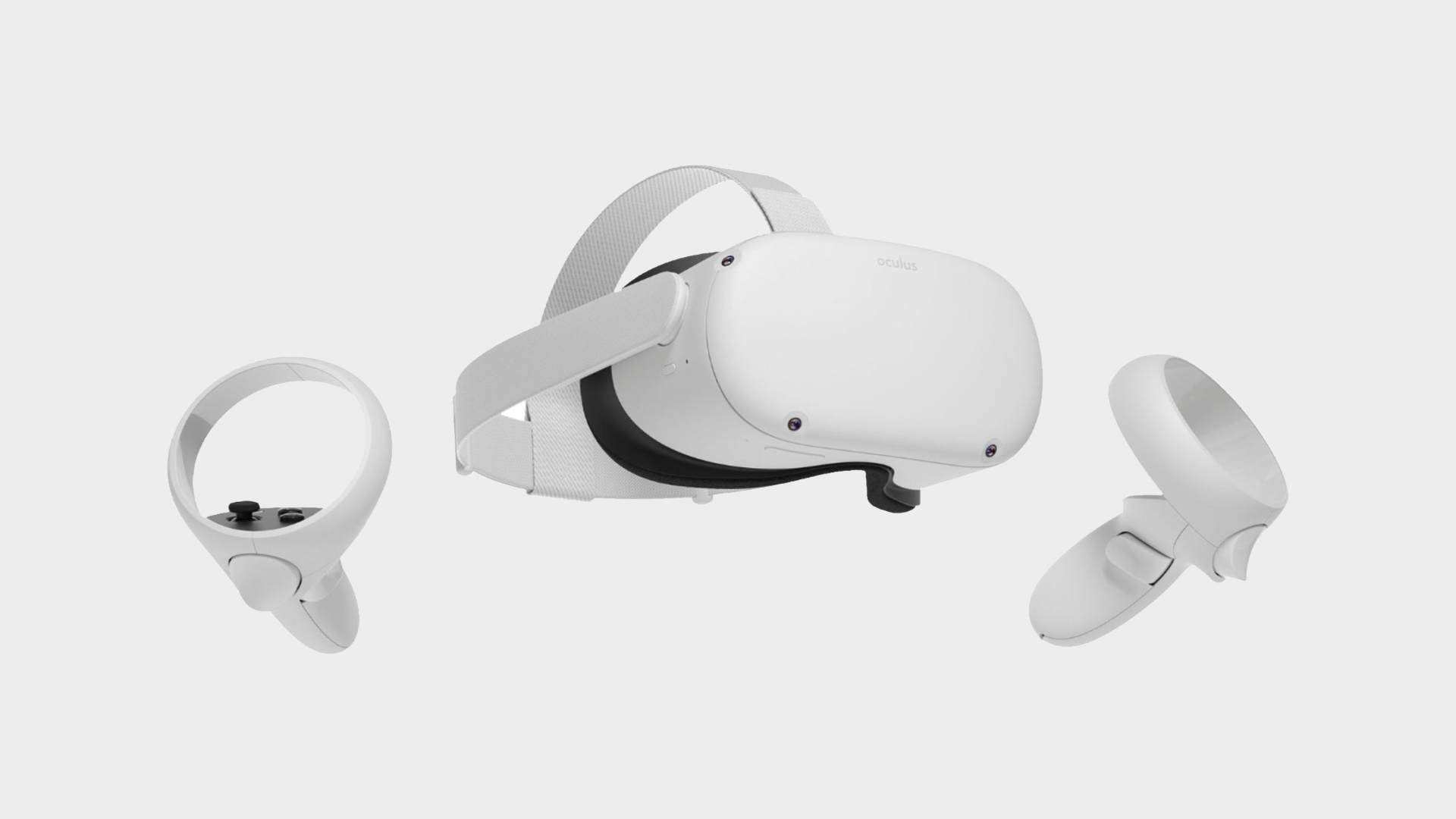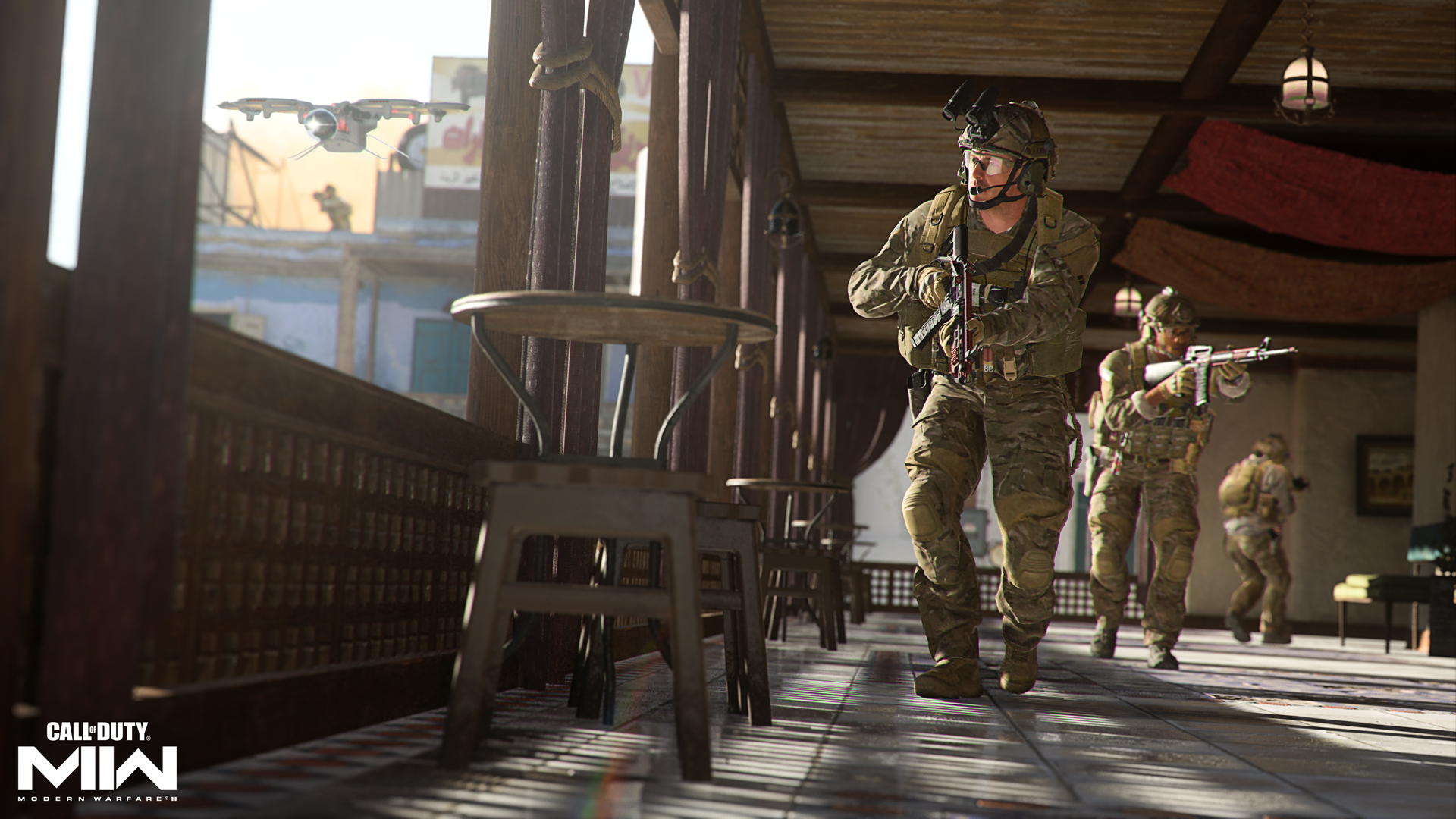The 10 most expensive video game acquisitions of all-time
From Activision to Zynga, here are the biggest gaming company acquisitions

Gaming is a multi-billion dollar industry, so it makes sense that the most expensive video game acquisitions keep one-upping each other. Mergers and acquisitions are a key way that companies and studios grow not only their profit margins, but their player reach as well. More players means more money, which in turn ups the value of a company when selling itself off to another.
One of the most prolific acquisitions today is Microsoft's bid to buy Call of Duty publisher Activision Blizzard, a move that has attracted scrutiny from regulatory bodies as they seek to block the Xbox Series X parent company. While there are certain Activision Blizzard franchises we want to see reborn at Xbox, let's not get ahead of ourselves. Here's a look at 10 of the most expensive video game acquisitions in the gaming biz, how they transpired, and what the companies look like today.
Biggest video game acquisitions at a glance
| Acquirer | Target | Deal Value | Year |
|---|---|---|---|
| Microsoft | Activision Blizzard | $68.7 billion | 2023 (pending) |
| Take-Two Interactive | Zynga | $12.7 billion | 2022 |
| Tencent | Supercell | $8.6 billion | 2016 |
| Microsoft | ZeniMax Media | $8.1 billion | 2020 |
| Activision Blizzard | King | $5.9 billion | 2015 |
| Sony | Bungie | $3.6 billion | 2022 |
| Microsoft | Mojang | $2.5 billion | 2014 |
| EA | Glu Mobile | $2.4 billion | 2021 |
| Oculus VR | $2 billion | 2014 |
10 most expensive video game acquisitions
10. Facebook buys Oculus VR

Year of acquisition: 2014
Price: $2 billion
You might know the company now as Meta Platforms, but in the same year that Facebook acquired instant messaging service WhatsApp, they also bought Oculus VR. The Oculus gaming device was later rebranded, with the Meta Quest 2 still going strong today. Meta is committed to the concept of a metaverse, hence the very telling company name change, and harnessing VR technology is key to how they plan to actualize these concepts. With the newer rival PSVR 2 headset posing some fair competition, it's safe to say that VR isn't going anywhere just yet.
9. Electronic Arts buys Glu Mobile
Year of acquisition: 2021
Price: $2.4 billion
The Sims 4 publisher Electronic Arts purchased Glu Mobile, and with it brought the likes of MLB Tap Sports Baseball to the EA fold. Mobile gaming is one of the largest sectors in the industry, with China, India, and the USA accounting for the highest numbers of players in the world. Since acquiring Glu, EA's Mobile division has been booming, with over 69 million goals scored on EA Sports FIFA last year alone and a planned Lord of the Rings RPG currently in development for smartphone gamers.
8. Microsoft buys Mojang
Year of acquisition: 2014
Price: $2.5 billion
Weekly digests, tales from the communities you love, and more
Minecraft developer Mojang Studios was purchased by Microsoft in 2014, at the time one of the company's biggest acquisitions. Since Microsoft took ownership of the studio, Minecraft continues to be a chart-topping game – recording over 140 million active players in 2021 alone. Minecraft is able to achieve this as it continues to be available on PS4, PS5, PC, and Switch – as well as the Microsoft owned Xbox One and Xbox Series X. The franchise continues to grow, with Mojang collaborating with external studios for upcoming Xbox Series X games like Minecraft Legends.
7. Sony buys Bungie

Year of acquisition: 2022
Price: $3.6 billion
When Sony bought out Destiny 2 developer Bungie, they acquired a lot more than a few games. The company could have bigger plans for the sprawling online multiplayer game, with Sony Productions, the cinematic branch of the company, already developing games-related films and TV shows. The most prolific of these in recent months is The Last Of Us, a show based on the post-apocalyptic survival horror game series that has brought the experience from consoles to international streaming services. Sony's merger with Bungie could point to exciting things for the future of not only its games, but the future of these games across the wider media.
6. ByteDance buys Moonton
Year of acquisition: 2021
Price: $4 billion
TikTok owners ByteDance bought games studio Moonton in a bid to expand and diversify its business. This put the company directly in competition with Chinese conglomerate Tencent, who also own Riot Games. Although Moonton doesn't necessarily produce some of the bigger ticket names in mobile gaming, it does extend the power of ByteDance further into the sector and will give them opportunities for growth as the company continues to expand. TikTok: The Game? It could come sooner than you think.
5. Activision Blizzard buys King
Year of acquisition: 2015
Price: $5.9 billion
When King released Candy Crush Saga in 2012, it became a global phenomenon – and is now considered to be one of the most financially successful of all time. So it didn't come as all that much of a surprise when one of the industry titans, Activision, made a record $5.9 billion acquisition offer for the company. The completion of this deal swelled Activision's presence in the mobile gaming market, a factor which would (a decade later) become a major factor behind Microsoft's decision to go after the publisher.
4. Microsoft buys ZeniMax Media

Year of acquisition: 2020
Price: $8.1 billion
One of the most consequential acquisitions in the video game market in quite some time, Microsoft brought ZeniMax Media into the Xbox Game Studios fold in 2021. The $8.1 billion deal saw Xbox take control of ZeniMax and its vast library of IP; including franchises like Doom, Dishonored, Fallout, Prey, Quake, The Elder Scrolls, and Wolfenstein. With studios like Arkane, Bethesda, and MachineGames now exclusively developing games for the wider Xbox ecosystem, Microsoft's reputation with core players is steadily improving – so too is the strength of the Game Pass library.
3. Tencent buys Supercell (majority shareholder)
Year of acquisition: 2016
Price: $8.6billion
Tencent is one of the three largest gaming companies by revenue these days, and that success can be partially attributed to smart investments across the industry. One such deal happened in 2016, when Tencent bought out over 81.4% of Supercell's shares for $8.6 billion. Such a massive fee was required to complete the purchase due to the ongoing success of Clash of Clans and its various spin-off titles – some of the largest games in the mobile gaming space. Tencent has retained its majority shareholder status in Supercell to this day.
2. Take Two Interactive buys Zynga
Year of acquisition: 2022
Price: $12.7 billion
Take-Two Interactive has an enviable position in the video game industry, owing in large part to its ownership of 2K Games and Rockstar Games. But the company sought to improve its standing in the ever-expanding mobile games market, something it achieved in 2022 through the purchase of Zynga. The deal was worth $12.7 billion, thanks in no small part to the ongoing success and name-recognition of Farmville, as well as games like Zynga Poker, CSR Racing, Words with Friends 2, and plenty others. These games may not be as overtly visible as something like a GTA 6 or BioShock, but the Zynga portfolio is arguably just as important (if not more so) to Take-Two's ongoing success.
1. Microsoft buys Activision Blizzard

Year of acquisition: Filed 2022; yet to be completed
Price: $68.7 billion
Here it is, the acquisition that set the internet on fire, earned the attention of the Federal Trade Commission, and has resulted in months of mud-slinging between Xbox and PlayStation representatives. In January 2022, Microsoft announced its intention to acquire Activision Blizzard King for $68.7 billion – a landmark deal which would bring the Call of Duty, Candy Crush, Diablo, Overwatch, World of Warcraft franchises (along with countless others) into the Xbox ecosystem. The deal is expected to close no later than June 2023, although its completion remains uncertain.

Jasmine is a staff writer at GamesRadar+. Raised in Hong Kong and having graduated with an English Literature degree from Queen Mary, University of London in 2017, her passion for entertainment writing has taken her from reviewing underground concerts to blogging about the intersection between horror movies and browser games. Having made the career jump from TV broadcast operations to video games journalism during the pandemic, she cut her teeth as a freelance writer with TheGamer, Gamezo, and Tech Radar Gaming before accepting a full-time role here at GamesRadar. Whether Jasmine is researching the latest in gaming litigation for a news piece, writing how-to guides for The Sims 4, or extolling the necessity of a Resident Evil: CODE Veronica remake, you'll probably find her listening to metalcore at the same time.
- Josh WestEditor-in-Chief, GamesRadar+


